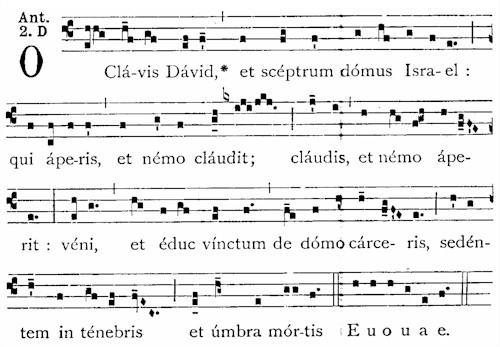Wednesday January 8
If you see poinsettias here and there it might mean that someone has not cleaned up after Christmas yet. Or it might mean that someone celebrates the Christmas season in following traditional Christian practice – Begins with the burst of wonder and light on Dec 25 and extends to the 12 day, traditionally January 6, the feast of Epiphany, the three strangers (sometimes called Kings, sometimes Magi {learned ones} coming out of nowhere looking for “the one who is to be born” following that one star. Technically, Epiphany is a big feast and it’s remembered for 8 days, so this week carries the taste of the 3 strangers.
Christmas centers on giving birth — the miracle of courage, exhausting labor and wrenching pain and finally, a new person, exquisite beauty and amazing tenderness. Maybe humanity at its most beautiful.
Epiphany has wonder also, the three strangers actually find the one they are looking for. But the wonder is set around with confusion and suspicion, with political intrigue and deception. And, finally, with soldiers and flight. It’s a sober reminder — grace is never far from loss and loss is never far from grace. Epiphany concludes with an angel in the night waking the little family, telling them to pack what they can and run, soldiers are coming. Maybe this week could be a time to pay attention to the millions of men and women and children on the roads of the world or in refugee camps that last too many years without becoming home. The Mercies and the Jesuits both engage refugees around the world; UDM engages too; last year our many clinics worked with over 32,000 people mostly from Detroit. Something to be proud of, no?
They say tomorrow it will warm up. I hope so.
john st sj
Here’s today’s poem. T. S. Eliot, say some critics, came to dominate the literary landscape of the mid 20th century. Here’s his sardonic account of the three strangers, burdened with their hope and with elitist expectations of travels without troubles . . . written in 1927.
Journey of the Magi
‘A Cold coming we had of it,
Just the worst time of the year
For a journey, and such a long journey:
The ways deep and the weather sharp,
The very dead of winter.’
And the camels galled, sore-footed, refractory, Lying down in the melting snow.
There were times we regretted
The summer palaces on slopes, the terraces, And the silken girls bringing sherbet.
Then the camel men cursing and grumbling And running away, and wanting their liquor and women, And the night-fires going out, and the lack of shelters, And the cities hostile and the towns unfriendly And the villages dirty and charging high prices:
A hard time we had of it.
At the end we preferred to travel all night, Sleeping in snatches, With the voices singing in our ears, sayiing That this was all folly.
Then at dawn we came down to a temperate valley, Wet, below the snow line, smelling of vegetation; With a running stream and a water-mill beating the darkness, And three trees on the low sky, And an old white horse galloped away in the meadow.
Then we came to a tavern with vine-leaves over the lintel, Six hands at an open door dicing for pieces of silver, And feet kicking the empty wine-skins, But there was no information, and so we continued And arrved at evening, not a moment too soon Finding the place; it was (you may say) satisfactory.
All this was a long time ago, I remember, And I would do it again, but set down This set down
This: were we led all that way for
Birth or Death? There was a Birth, certainly, We had evidence and no doubt. I had seen birth and death, But had thought they were different; this Birth was Hard and bitter agony for us, like Death, our death.
We returned to our places, these Kingdoms, But no longer at ease here, in the old dispensation, With an alien people clutching their gods.
I should be glad of another death.
p.s. This Youtube Eliot reads the poem. http://www.youtube.com/watch?v=BCVnuEWXQcg


